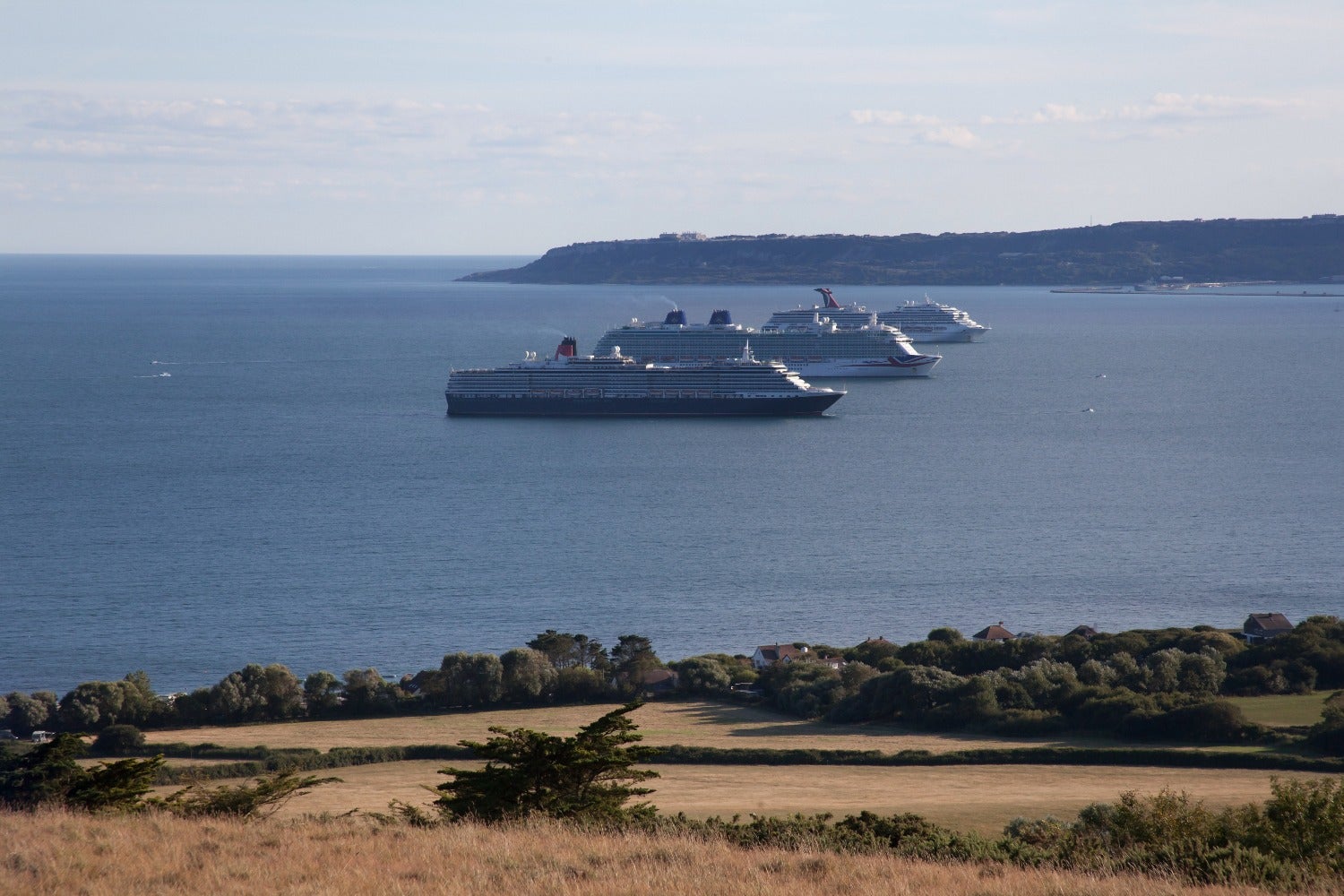Financial situations worsening for consumers has been widely discussed due to the pandemic. However, many consumers managed to bypass this financial squeeze and have incidentally become efficient savers. With this saved cash accumulated during the pandemic, many travellers may be planning to spend more than usual on their next trip.
The ‘treat yourself’ mentality
According to GlobalData’s week 11 Covid-19 recovery survey (fieldwork was undertaken on 2-6 December), when global respondents were asked if they were concerned about their personal financial situation, 13% stated that they were ‘not concerned’. Although this is still significantly less than the 34% that stated they are ‘extremely concerned,’ it means that over one in ten within the global travel market could be financially unaffected by the pandemic and have even saved a considerable amount during its presence.
Many of the travellers that make up this 13% are likely to be white-collar workers that can work effectively at home. Due to spending the vast majority of their time being confined to their homes in the past year, the urge to travel would have built up. This urge, combined with a significant increase in savings, could mean that many of these travellers will have developed a ‘treat yourself’ mentality to combat the impact of the pandemic which has increased boredom and frustration for many. This mentality could be present as these consumers start planning their next holiday, which could result in them spending more on room upgrades, business class flights and higher quality rental vehicles.
As well as saving money on commuting, eating out and other recreational activities, many of these consumers who have been unaffected by the pandemic have also saved by not booking a holiday last year or by having their cancelled trip refunded. This could mean that for their next trip, they will go bigger and better on more luxurious travel services and products. This trend could also be driven by a ‘now or never’ mentality, as when travellers have the opportunity to go on holiday, they will spend significantly more and stay for longer in case another situation like the Covid-19 pandemic reoccurs.
The cruise industry is already seeing this trend
Royal Caribbean International (RCI) stated that pricing on cruises in the first half of 2022 was higher than during the same period in 2019. This pent-up demand and increase in savings from many cruise-goers have also meant that Norwegian’s upscale brands such as Regent Seven Seas (RSSC) and Oceania Cruises (OCE) are already around 40% booked for 2022, according to a recent earnings call. Demand for a higher quality of cruise is being pushed by travellers now wanting an upgraded cabin with a veranda or through selecting a longer itinerary.
Although the pandemic has financially impacted many more travellers than not, a considerable portion of the market has navigated through the pandemic without being impacted in this way. This fact should not be overlooked by tourism companies, who need to realise that not all travellers will be wanting a budget-friendly option for their next holiday.

US Tariffs are shifting - will you react or anticipate?
Don’t let policy changes catch you off guard. Stay proactive with real-time data and expert analysis.
By GlobalData


